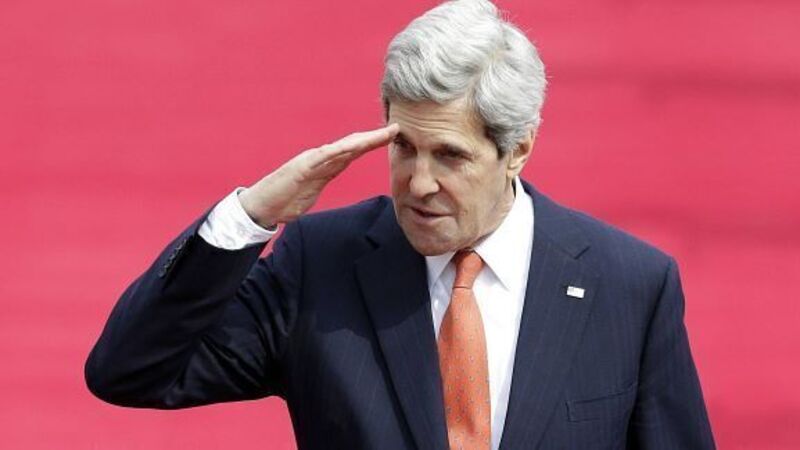US calls off Russia talks on Syria

The US State Department has said it is cancelling a meeting with Russian diplomats on Syria this week.
The meeting at The Hague was about setting up an international conference to find a political resolution to the Syrian crisis.














